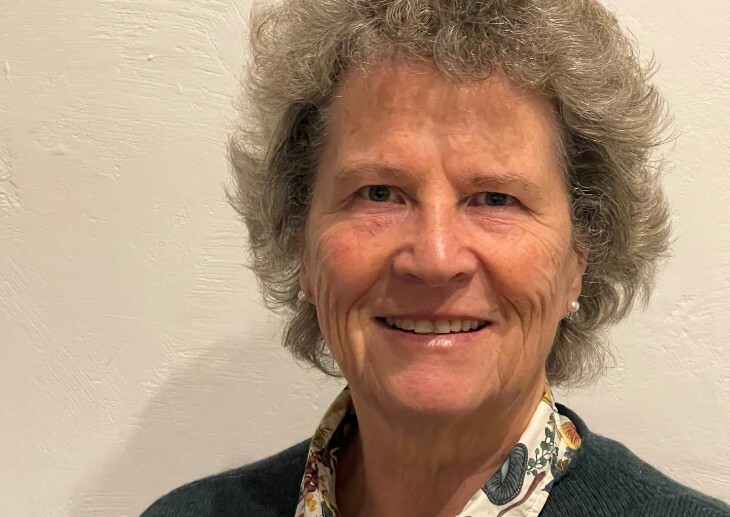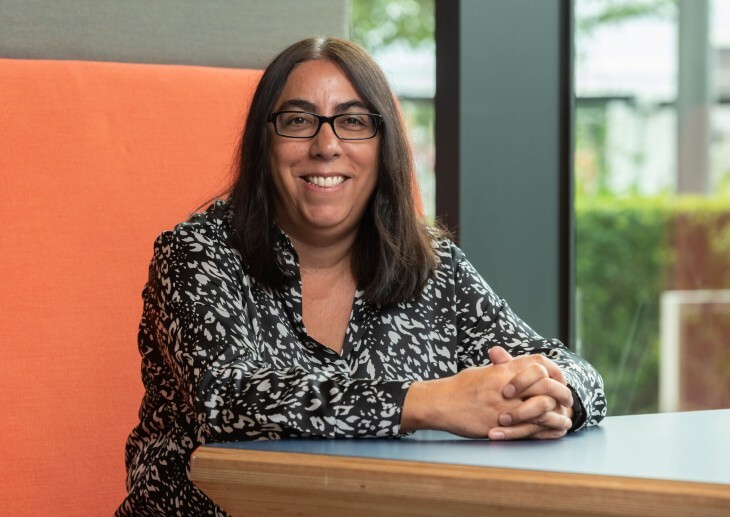Dr Tom Micklewright, GP and clinical lead for digital transformation, primary care, at Cheshire and Merseyside ICB, and medical director at digital healthcare organisation ORCHA, chats to senior reporter Beth Gault about how digital transformation can make a difference to primary care
Beth Gault (BG): How did you first develop an interest in digital?
Dr Tom Micklewright (TM): It started during my GP training when I got involved with something called the clinical entrepreneur programme. It was an opportunity for clinicians to develop entrepreneurial and business skills.
I had an ambition to have an upstream impact on patient health, so with that in mind, I started a mental health business that operated in schools around Merseyside to teach mental health. It was a really positive programme with some great metrics. But the challenge was with the service delivery model which we weren’t able to scale quickly.
But through the programme, I met more clinical entrepreneurs who were working in the digital space and it struck me that there was an opportunity to impact patients at scale much faster through the power of digital. That got me excited.
BG: How do you think digital transformation has impacted primary care so far?
TM: The two most noticeable things I feel as a GP is firstly the ability to manage patient care asynchronously from the patient. The advent of SMS based messaging tools and their at scale adoption during the pandemic has transformed general practice to the point where we no longer need to telephone patients or bring them in to discuss their test results or to agree next steps. It can all be done via messaging or online consultations, and that’s radically transformed the relationship that we have with our patients.
The second thing is the NHS App. I appreciate there are some teething issues with the NHS App and a lot of concerns around opening up access to medical records to patients, and whether there’s distressing information we might want to shield patients from. But it’s moved the dial in terms of putting more responsibility for health into the hands of patients, so patients can view their blood results, they can come to the appointments having thought about questions they have for the GP beforehand. Their ability to order prescriptions mean they know they no longer need to come in and fill in slips at the practice.
And I think as the functionality of the NHS App increases, it will empower patients to take much more of a lead in managing their own health, which can only be a good thing.
BG: What are the teething issues you’ve seen with the NHS App?
TM: The main hiccups that we’re seeing are instances where information is being made visible to patients related to sensitive diagnoses, when perhaps a conversation hasn’t been had with the patient first. So classically, a biopsy result or a cancer diagnosis is revealed in a letter to the GP which the patient then has sight of. We have had a handful of cases within the ICB.
By and large, those issues aren’t unsurpassable. A lot of it comes down to educating practice teams and changing workflows so that it becomes habit for us to consider the visibility of documents and test results before we file them.
We are working with the NHS England team and with electronic health records to see if there’s a possibility of introducing a delay in visibility to some of those documents, just so there’s a digital safety net in case things are filed as visible prematurely. But those issues are still to be worked through.
BG: How should digital shape primary care over the coming five years?
TM: Over the next five years, automation will be massive. We’re already seeing forward thinking PCNs and practices looking at automating items like patient registration and normal blood test filing, and those practices would not go back. It’s having a positive impact. But, there’s potential over the next five years to automate even more things – any aspect of care that’s very algorithmic, such as long term condition reviews or medication titration. We can see big efficiency gains from that in terms of working smarter and not harder.
I think we will also be a lot more data-driven in terms of how we redesign care over the next five years. If we can redesign services to better meet the needs of the 20% of the population that require 80% of our resources, I’m confident we’ll be able to free up efficiency within the system.
Lastly, I think patient empowerment will expand with the NHS App and other apps that can help patients manage their long-term conditions better, such as diabetes or COPD. As we increase the awareness of these effective, proven apps, we can do even more to empower patients to manage more elements of their health.
BG: How do you think primary care can get to that stage?
TM: There are tools already available and most ICBs will have or are working towards having population level data dashboards that PCNs can take advantage of.
In Merseyside, we’re working really hard to democratize access to that data so that all practices and PCNs can use this tool and navigate it to pinpoint that critical 20% of their patient cohort. But a lot of practices aren’t even aware the data exists. So partly it’s informing practices that these data sets already exist.
We were surprised to find that so many of our PCNs were already using automation tools. We initially started projects thinking this would be something we’d need to commission and procure centrally, only to find that practices were already going ahead and doing it, which is fantastic.
But, it then just becomes a matter of, how do we facilitate information sharing and sharing best practice? PCNs need to start networking with other PCNs and learning what works well. We don’t have an innovation problem in the NHS. We’ve got an adoption and scale problem. And I think we still work in a siloed way when it comes to digital.
Finally, there are also knowledge gaps in primary care. When it comes to digital we have digital transformation leads now that work at PCN level, who are fantastic at leading digital projects, but there are still some skill sets that don’t currently sit in general practice, for instance, around researching and evaluating technology, around managing the clinical safety requirements for assessing technology, and around assessing things like usability and accessibility. There is a real knowledge gap that I hope NHS England or the Royal Colleges start working to try to close.
A version of this story was first published on our sister title Pulse PCN.






